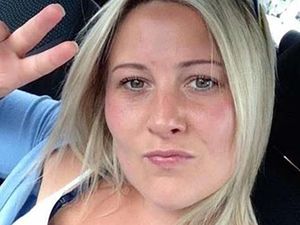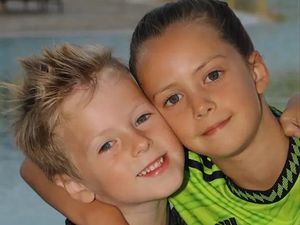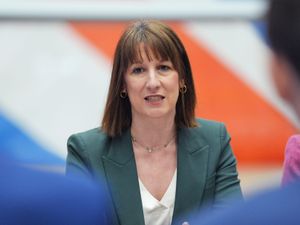Assisted dying debate needs to be sorted, former Supreme Court president says
Lady Hale spoke ten years on from the 2014 Supreme Court ruling in the right-to-die case of Tony Nicklinson and Paul Lamb.
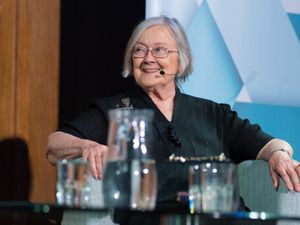
A former Supreme Court president has said she wishes more politicians would acknowledge that while debate on assisted dying is difficult, “it needs to be sorted”.
Baroness Hale of Richmond, who sits in the House of Lords, said while it is a hard question, it is also “really important”.
Lady Hale, who retired as Supreme Court president in January 2020, was speaking at an event in London on Wednesday organised by campaign group My Death, My Decision and Humanists UK.
Also present were family members of Tony Nicklinson, who suffered locked-in syndrome following a catastrophic stroke, and died days after his right-to-die case was rejected by the High Court in 2012.
The 58-year-old’s fight was taken to the Supreme Court by his widow Jane Nicklinson, along with the case of paralysed former builder Paul Lamb, in 2014.
Justices rejected the case but Lady Hale at the time expressed the view that the protection of vulnerable people was not sufficient to justify a “universal ban” on assisted suicide.
Ten years on from that ruling, Lady Hale said: “Parliament has not put things right, despite all the evidence that the public would support a change in the law.”
She noted that any proposals which have been debated have been limited to terminally-ill people and those would not have helped Mr Nicklinson or Mr Lamb.
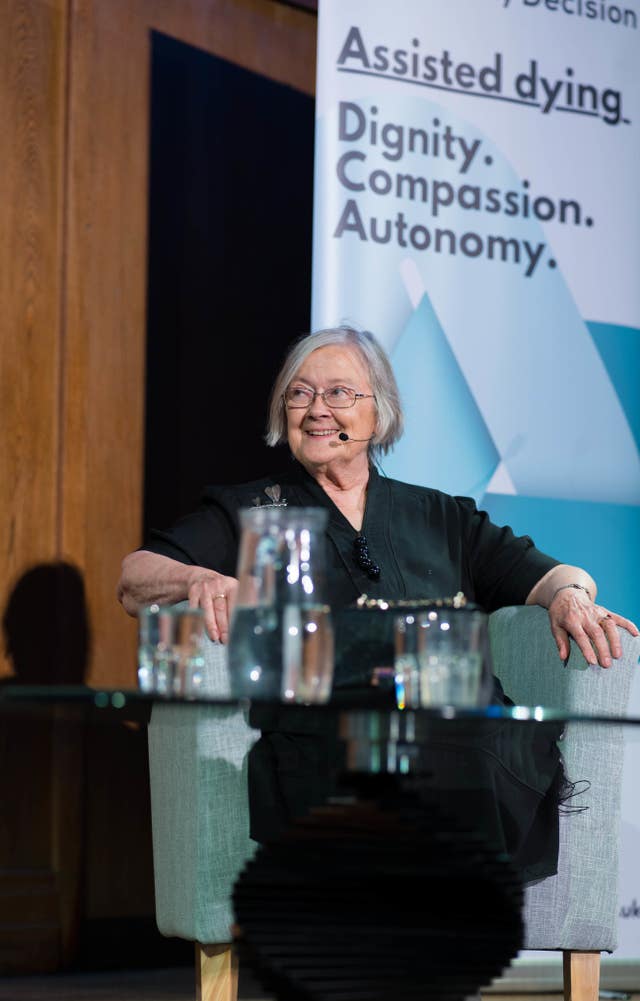
In a statement ahead of the event, Lady Hale said: “Of course, there must be proper safeguards to make sure that their (those who seek assisted dying) decisions are freely made. But it is cruel and inhumane to force them to go on living against their will. That is why I support My Death, My Decision.”
The campaign group has been calling for the next parliament to address “this crucial issue”.
During the in-conversation event, Lady Hale said: “This isn’t a totally straightforward question. There are nuances, there are all sorts of precise details that would need to be worked out.
“But do you know, I wish more politicians would say ‘this is hard. This is really hard but it needs to be looked at and it needs to be sorted, and we are going to work hard at getting the best result’. Why don’t you say that? This is hard and the hard questions are the really important questions.
“But they can be worked out. We have answered a lot of very hard questions in this country and we could still do that.”
Mr Nicklinson’s daughter Lauren asked that people “never forget my dad’s suffering”.
In a speech, she told those gathered at Conway Hall: “Please keep talking about assisted dying for not just the terminally ill but those with incurable suffering too.”
An Assisted Dying Bill is currently being debated on the Isle of Man and on Wednesday its parliament heard calls for a referendum to be held before any new law would come into effect.
Chief minister Alfred Cannan said legalising assisted dying “changes the social contract” on the island and requires a public mandate.
The clauses stage of the Bill will resume on July 9 with continued debate on the referendum amendment.
Campaigners have previously said that if the Bill gains royal assent next year, assisted dying could be available to eligible Manx residents from 2027.
The Bill as it stands would require a person seeking an assisted death to have been resident on the island for five years.


